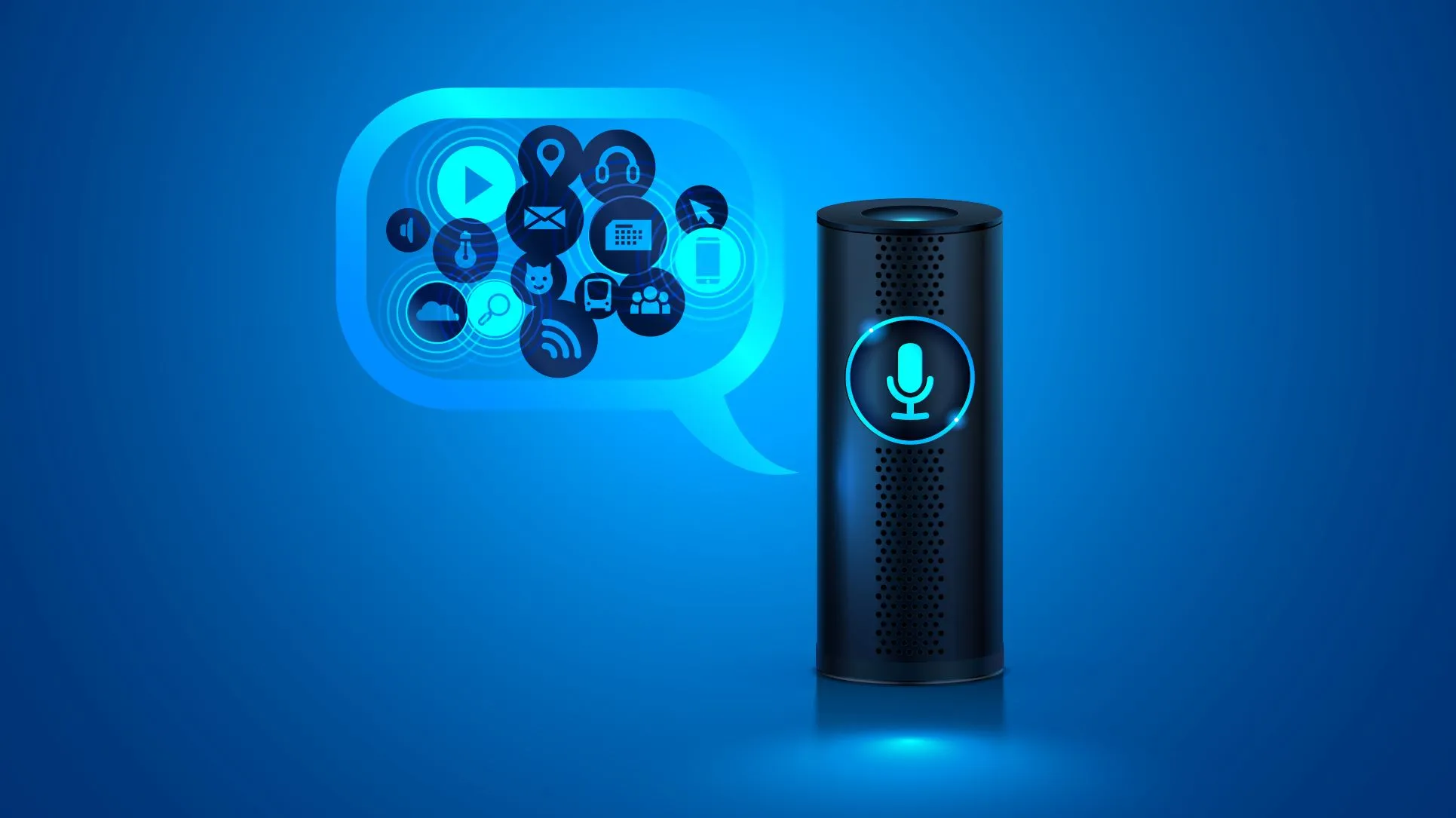
Voice assistants such as Siri, Alexa and Google Assistant have become indispensable tools in people’s daily lives for various tasks. Their ease of use and compatibility with smart home devices has earned them great popularity among consumers.
Machine learning-powered virtual assistants are becoming smarter. They are adept at seamlessly transitioning from question to question and understanding context and any subsequent queries more efficiently than before.
What is a voice assistant?
Voice assistants are special programs that enable users to speak questions and commands to phones, wearable devices, and smart speakers without relying on screens or keyboards for interaction. Utilizing artificial intelligence and machine learning technologies, these assistants become more intelligent over time as you continue using them.
Your spoken requests are recorded, broken down into individual phonemes, and then analyzed to match them with existing commands stored on the device. When matching occurs, the system performs your task.
Different voice assistants excel at performing specific tasks. If you own Apple products, Siri might offer the smoothest tech experience as it integrates perfectly with their services and gadgets; on the other hand, Google Assistant offers greater search capabilities.
How do they work?
Modern voice assistants use Artificial Intelligence (AI) and speech recognition technologies to understand what their users mean when speaking aloud, making them extremely fast at responding and accurate in their responses.
When devices make mistakes, like playing country music when asked for rock, they learn from it and adjust. Furthermore, they communicate with other devices and applications through the internet in order to gather responses and information.
Users speaking to devices must activate them with a “wake word”, such as “Hey Siri” or “Ok Google”. Once activated, this wake word prompts the device to begin recording snippets of audio that it sends off for processing; this can raise privacy issues with regards to eavesdropping or data collection.
What are their advantages?
Voice assistants are intuitive tools designed to save people time. They provide functions such as playing music, adding items to calendars, making phone calls, sending text messages and answering queries about smart devices – helping save both effort and energy!
Siri, Alexa and Google Assistant are the three most-utilized voice assistants, competing to offer more features and hardware improvements that increase performance.
Voice assistants can be especially beneficial when hands are full – like driving a car or using a laptop. Unfortunately, voice assistants are not always reliable; sometimes not understanding complex requests properly and making errors (e.g. grammatical mistakes) that damage company professional images. Therefore, it’s essential that close scrutiny be kept on any documents created using voice assistants.
What are their disadvantages?
Voice assistants like Siri and Alexa utilize artificial intelligence to interpret your request, draw responses from the web and execute tasks in response. Unfortunately, this type of interaction does not allow two-way dialogue so it may be challenging to ask follow up questions or ensure your request has been understood by your assistant.
Voice-activated technology could revolutionize how we search online for information, but their usefulness remains limited.
Voice assistants present one of the major concerns when it comes to privacy; these devices are constantly listening, even when turned off. Although Apple, Amazon, Google and Microsoft all claim they only record when someone speaks their wake word, some mishaps demonstrate how easily data can be compromised or used against users.
What are their futures?
Voice assistants’ key advantage lies in their ability to perform multiple tasks without needing screens or keyboards – helping users with everyday tasks like checking the weather or setting an alarm clock, controlling smart devices such as thermostats or phones and browsing the web.
Personal assistants can be especially beneficial to those with visual or mobility impairments, or who prefer speaking over typing. Furthermore, these apps can assist with personalization by learning user habits and preferences over time.
Tech giants offering voice assistants face stiff competition in developing new features for their virtual assistants, with each company striving to outdo one another in adding capabilities. Google recently unveiled Duplex, an artificial intelligence technology capable of performing “real world” tasks over the phone such as booking appointments at hair salons.







